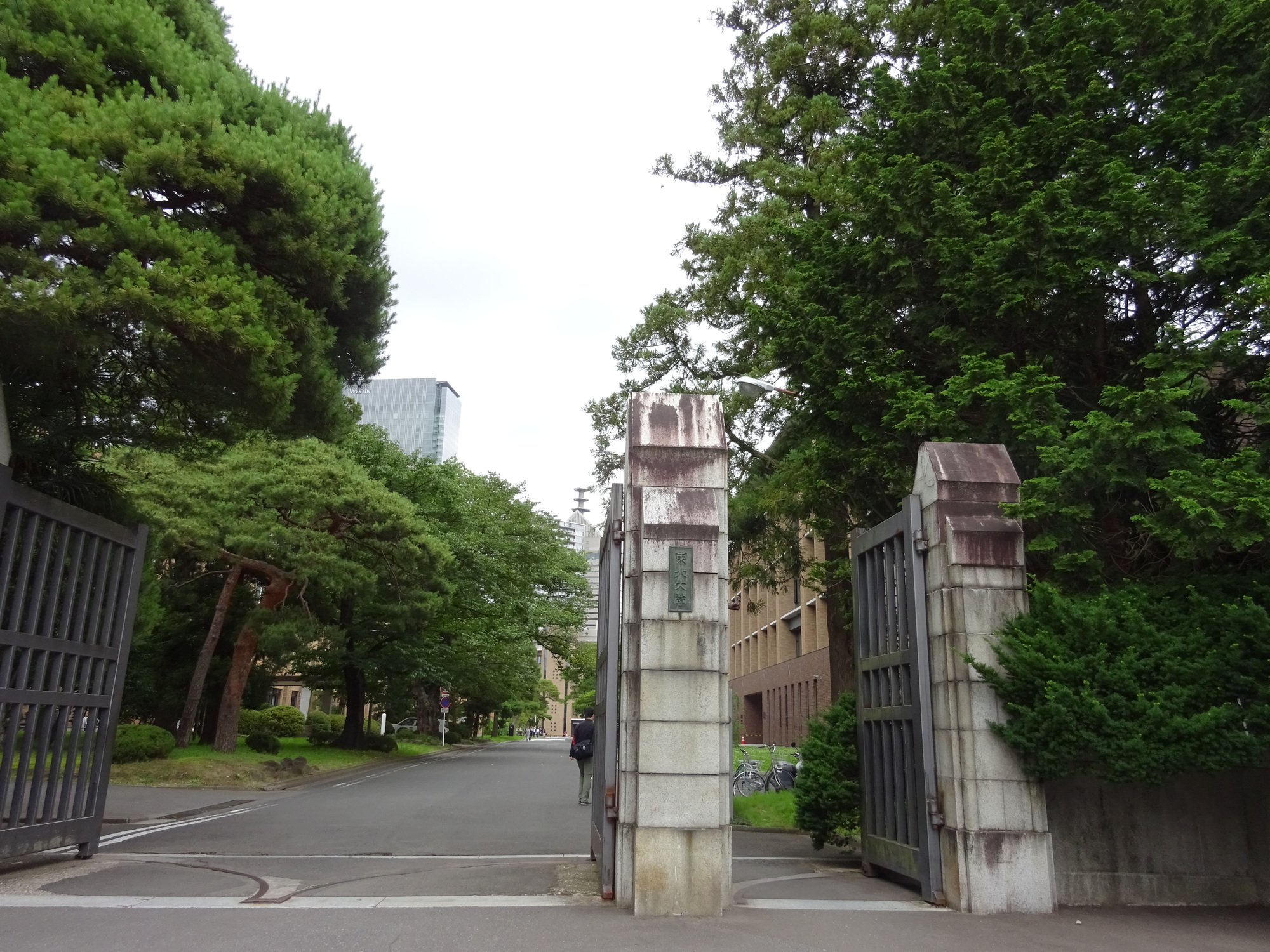Japan International Research Center for Agriculture, Forestry and Fisheries (JIRCAS) discovered a gene (salt tolerance gene; Nc1 gene) that regulates salt concentration from soybean variety FT-Abyara in collaboration with Hokkaido University, Tohoku University and Xinjiang Academy of Agricultural Sciences in China. And clarified the effect.
Despite being an important legume crop in the world, soybeans are known to be more vulnerable to environmental stress such as salt damage than gramineous crops.Salt damage is common in arid and semi-arid areas, and about one-third of the world's artificially watered cultivated land (irrigated cultivated land) is affected by salt damage.Also in Japan, there is salt damage caused by the inflow of seawater due to tsunamis and storm surges.Therefore, it was expected to improve soybeans that are resistant to salt damage.
The research group analyzed the genes involved in salt tolerance in detail and identified the location of the salt tolerance genes.We also found that strong expression of this gene (Nc1 gene) in roots improves salt tolerance.
Furthermore, we have developed a DNA marker that can be used as an index of salt tolerance based on the DNA information of the Nc1 gene.
We evaluated soybeans with the selected salt tolerance gene (Nc1 gene) and control varieties (salt-sensitive varieties) that are vulnerable to salt stress in the salt-damaged fields in Miyagi prefecture attached to the Graduate School of Life Sciences, Tohoku Graduate School for three years.As a result, all salt-sensitive strains showed severe salt damage symptoms such as leaf yellowing and death, but salt damage was not observed in salt-tolerant strains, and the effect of salt-tolerant genes was reflected in the effects of salt-tolerant genes in salt-damaged fields. I was able to confirm.
The Nc1 gene elucidated in this study can be introduced into existing soybean varieties, and it is possible to grow salt-resistant soybeans.Therefore, it is expected to be useful for food security of soybeans on a global scale.


